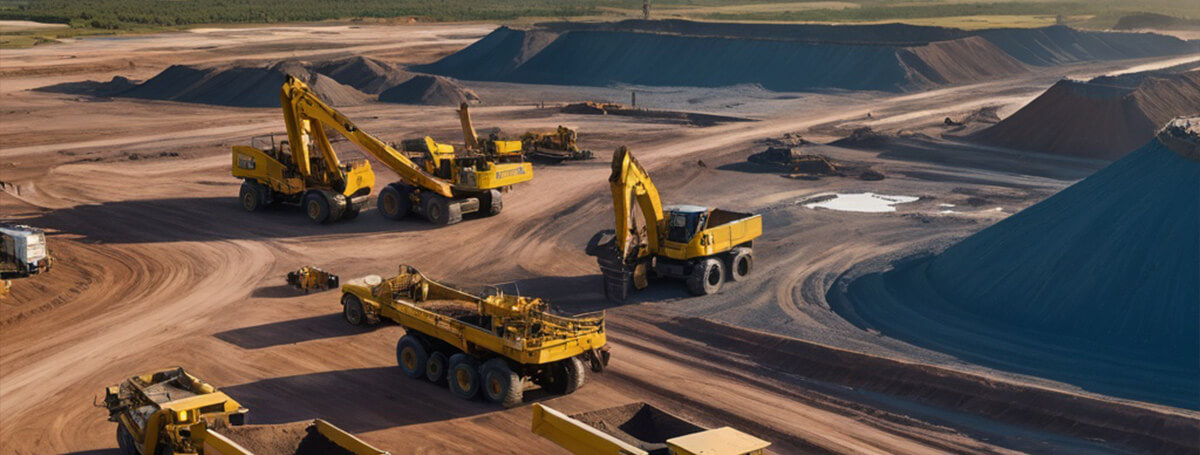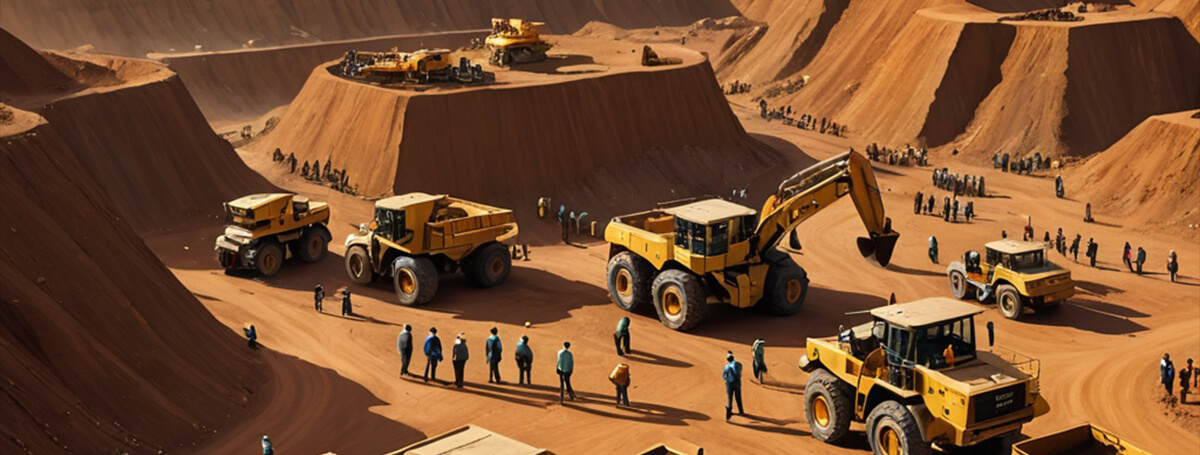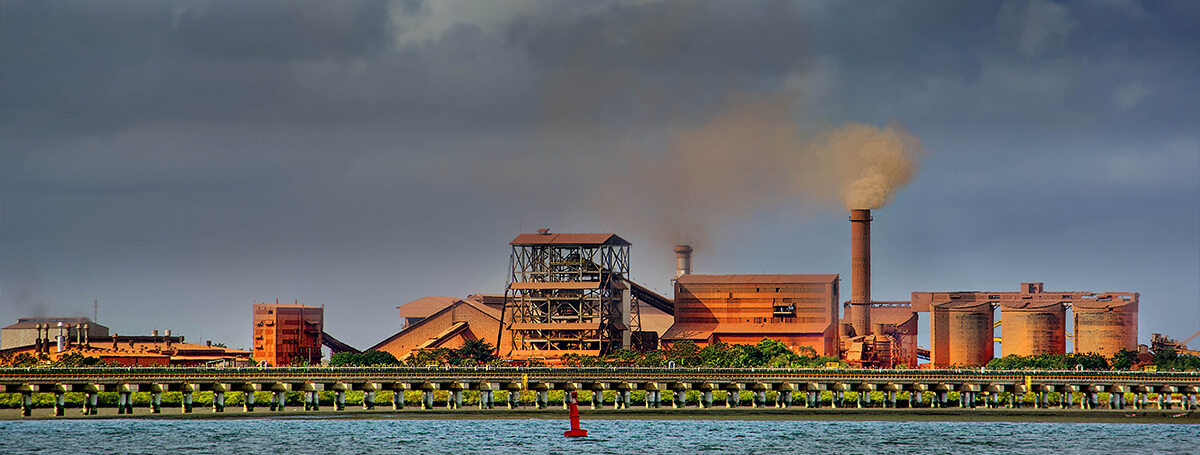China’s boom has been natural resource intensive. Its exceptional growth has caused the economic interdependence between China and the rest of the world to become more pronounced. China remains one of only a few countries whose domestic supply of and demand for a variety of mineral commodities affects the world’s mineral markets. China’s consumption has grown faster than production for a wide range of mineral resources. According to China’s Ministry of Land and Resources, the country’s imports 54.8% of its petroleum and 53.6% of its iron ore needs. It also imports 52.9% of its aluminum and 69% of the refined copper it consumes. China is the one of the world’s leading producers of aluminum, antimony, barite, bismuth, cement, coal, fluorspar, gold graphite, iron and steel, lead, magnesium, mercury, molybdenum, phosphate rock, rare earths, salt, talc, tin, tungsten and zinc. It is also one of the largest exporters of antimony, barite, fluorspar, graphite, indium, rare earths and tungsten. Approximately 92% of China’s primary energy is derived from mineral resources.
The Mineral Resources Law of the PRC is the principal mining law of the State. Together with the PRC Constitution, it stipulates that rights to the mineral resources within the territories of China vest in the State
Exploration and extraction companies must apply to the government for permission to obtain “mineral rights” for a fixed period of time. Rights are categorized as either “exploration rights” or “mining rights”. Mineral rights may be obtained through application to the Ministry of Land and Resources (“MOLAR”) or its local counterparts. Mineral rights may be transferred, mortgaged or leased to other parties, subject to certain conditions. Depending on the location of the site and the nature of the deposit, foreign investors may be restricted from participation, or required to work in concert with a qualified Chinese joint venture partner.
MOLAR is responsible for the supervision and administration of the mining and exploration of mineral resources nationwide. The geology and mineral resources departments of the PRC government of the respective provinces, autonomous regions and municipalities are responsible for the supervision and administration of the exploration, development and mining of mineral resources within their respective jurisdictions.
The Chinese government has taken steps to further regulate foreign investment in China’s mining sector. One key regulatory document is the Catalogue for Guidance of Foreign Investment in Industry (“Foreign Investment Catalogue”). The Foreign Investment Catalogue and accompanying regulations classify industries as “encouraged”, “permitted”, “restricted” or “prohibited”. On October 31, 2007, the National Development and Reform Commission (“NDRC”) and the Ministry of Commerce (“MOFCOM”) jointly amended the Foreign Investment Catalogue in a manner that for the most part imposes further restrictions on foreign investment in mineral exploration and development activities.
The government of the PRC has set out its official policy on mineral resources. China will depend mainly on the exploitation of its own mineral resources to guarantee the needs of its modernization program.
For more detailed information please refer to our note on the Mining Law of the People’s Republic of China.
With representative offices in Beijing and Shanghai, and close working relationships with PRC law firms, Charltons is ideally positioned to advise natural resource companies on doing business in the PRC.




